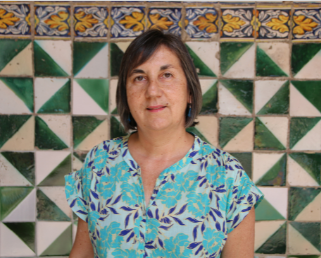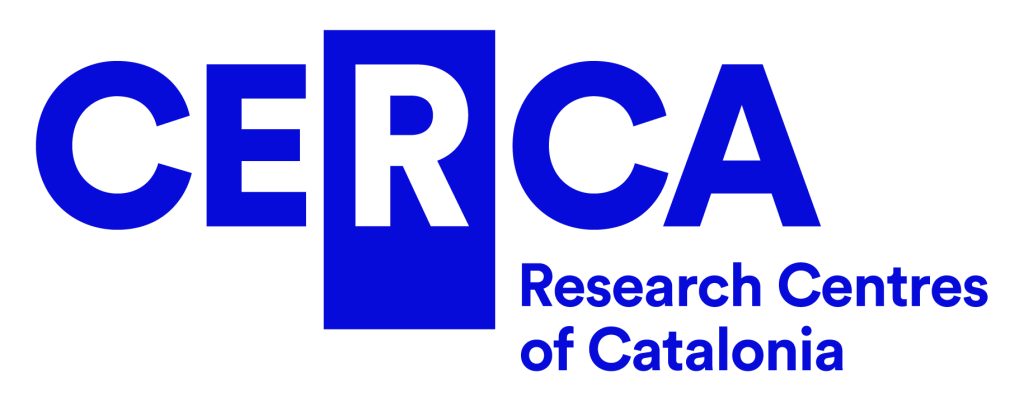
The Plenary Session of May 17 of the Institute for Catalan Studies (IEC) elected M. Carme Belarte (ICREA-ICAC) as a new full member of the Historical-Archaeological Section, together with Josep Capdeferro, Vicent Josep Escartí, and Carles Santacana.
M. Carme Belarte (ICREA-ICAC) is a research professor at the Catalan Institution for Research and Advanced Studies (ICREA). She carries out her research at the Catalan Institute of Classical Archaeology (ICAC) and leads the Protohistoric Archaeology team at MIRMED, a consolidated research group recognized by the Government of Catalonia.
Previously, she conducted research at the University of Barcelona and the French National Centre for Scientific Research (CNRS). She has been a visiting researcher at the University of Chicago (United States) and the University of Montpellier (France). Belarte is the author or co-author of more than 150 publications, including papers, books, and book chapters.
She specializes in the study of protohistoric societies in the northwestern Mediterranean. Her research topics include urbanization processes, domestic architecture, and urbanism, as well as rituals and funerary practices.
This recognition is a great honor for me. I am grateful to the members of the Historical-Archaeological Section, especially Marta Prevosti, for their trust in proposing me as a member, and I hope to live up to this distinction. (M. Carme Belarte)
The members of the IEC are academics and professionals, all of them highly qualified specialists, who carry out all the functions and responsibilities. Currently, the institution has 127 full members.
IEC Historical-Archaeological Section was created in 1911, four years after the foundation of the Institute, when the specificity of historical research within the field of Catalan studies was consolidated.
The research fields of the Section include archaeology, history, literary history, art history, history of science, and legal history, understood in the broadest sense and focused on the study of Catalan-speaking territories.
The Section safeguards the archaeological, historical, and cultural heritage of Catalan-speaking territories and promotes its dissemination. It also issues mandatory reports for the IEC on the coats of arms and flags of local entities, as well as on cultural assets of national interest in Catalonia.
The Catalan Institute of Classical Archaeology (ICAC) is a CERCA center (Research Centers of Catalonia), established as a consortium in 2003 by the Government of Catalonia and the Rovira i Virgili University. It is headquartered in Tarragona, a city recognized as a UNESCO World Heritage site in 2000, and specializes in advanced research and education in classical archaeology. We are CERCA!






